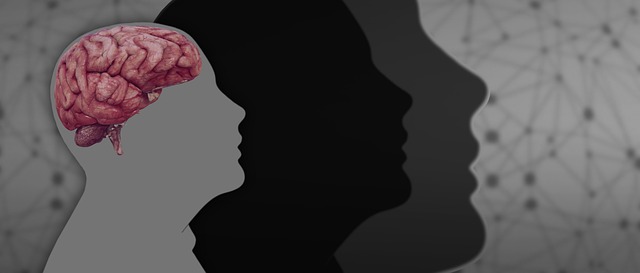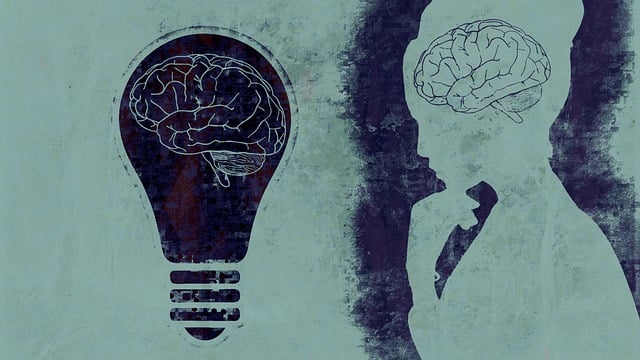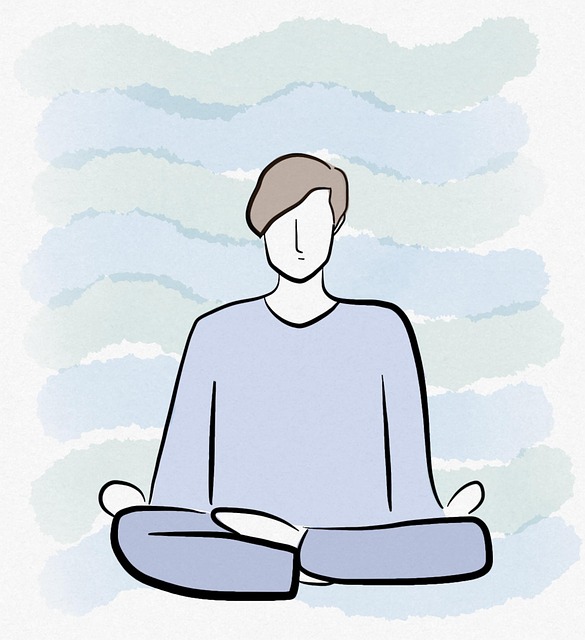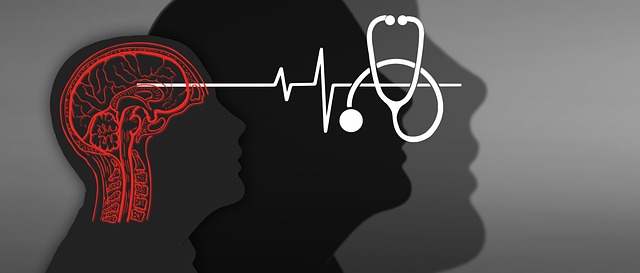Mental wellness group sessions are an effective therapy approach for young adults with chronic pain, offering a supportive community and tailored coping strategies. Skilled facilitators create safe spaces through active listening, empathy, and interactive activities, empowering participants to manage symptoms, improve self-esteem, and navigate interpersonal challenges. This holistic therapy combines social skills training, coaching programs, and open discussions to enhance overall well-being and reduce the stigma around mental illness in this demographic. By combining objective and subjective assessments, success is measured through improved pain management, increased social support, and better coping mechanisms.
Mental wellness group facilitation plays a pivotal role in supporting young adults grappling with chronic pain, offering a unique and effective therapy approach. This article delves into the comprehensive process of facilitating supportive environments, enhancing communication, and fostering connection among peers. We explore evidence-based techniques tailored to manage chronic pain while emphasizing the importance of peer support in improving mental wellness. By understanding these facilitation methods, healthcare professionals can significantly impact young adults’ quality of life.
- Understanding Mental Wellness in Young Adults with Chronic Pain
- The Role of Group Facilitation in Supportive Environments
- Effective Communication Strategies for Group Sessions
- Techniques to Foster Connection and Empathy Among Peers
- Measuring Success: Evaluating the Impact of Group Facilitation on Chronic Pain Management
Understanding Mental Wellness in Young Adults with Chronic Pain

Mental wellness is a critical aspect of overall health, especially for young adults suffering from chronic pain. This demographic often faces unique challenges as they navigate their daily lives with persistent discomfort or limitations due to illness or injury. Many young adults may struggle with emotional well-being, experiencing anxiety, depression, or reduced self-esteem as a result of their condition.
Group facilitation techniques offer a promising approach in addressing these issues. Through supportive and empathetic group therapy sessions, young adults can connect with peers facing similar pain management journeys. This fosters a sense of community and belonging, enhancing emotional support. Facilitators skilled in mental health care, especially those with cultural competency training, can guide discussions on coping mechanisms, stress management, and self-esteem improvement tailored to the specific needs of this population. These techniques not only promote individual healing but also empower young adults to advocate for their mental wellness alongside their physical healthcare.
The Role of Group Facilitation in Supportive Environments

In facilitating supportive environments for young adults grappling with chronic pain and associated mental health issues, group sessions play a pivotal role. These settings offer a unique opportunity for individuals to connect, share experiences, and build a sense of community. Through skilled group facilitation, participants can engage in therapeutic conversations, fostering a safe space where they feel understood and supported. This approach is particularly beneficial for those with chronic pain, as it helps combat the isolation often associated with long-term illness and promotes a sense of belonging.
Group facilitation techniques are instrumental in reducing the stigma surrounding mental illness among young adults. By creating an atmosphere of openness and empathy, facilitators encourage participants to express their struggles openly, thereby normalizing conversations about anxiety relief and emotional well-being. Moreover, these sessions can incorporate social skills training, empowering individuals with tools to navigate interpersonal interactions, build confidence, and enhance overall quality of life—all essential components in the journey towards holistic therapy for young adults chronic pain management.
Effective Communication Strategies for Group Sessions

In mental wellness group sessions, facilitators must master effective communication strategies to create a safe and supportive environment for young adults experiencing chronic pain. Active listening is paramount; allowing participants to express their feelings and thoughts openly, without judgment, encourages vulnerability and fosters trust. Facilitators should employ reflective techniques, paraphrasing and summarizing shared experiences to ensure understanding and validate emotions.
Incorporating interactive activities that promote dialogue and peer support further enhances these sessions. Engaging in open-ended discussions about coping skills development and sharing personal strategies can provide valuable insights and inspire hope. Moreover, integrating mental wellness coaching programs tailored for chronic pain can offer practical tools for managing symptoms and improving overall well-being. These approaches not only aid in depression prevention but also empower young adults with the resilience needed to navigate their challenges effectively.
Techniques to Foster Connection and Empathy Among Peers

In facilitating mental wellness groups for young adults with chronic pain, fostering connection and empathy among peers is a powerful tool in therapy. Encouraging open and honest communication through group discussions and sharing personal experiences can help individuals feel understood and less isolated. This creates an environment where participants can offer support and encouragement to one another, building a sense of community that’s often lacking when dealing with chronic pain.
Group leaders should guide these interactions using effective communication strategies. This includes active listening, reflecting on what members share, and promoting empathy through exercises like journaling prompts tailored for mental wellness. By integrating depression prevention techniques into the group dynamics, facilitators can help participants process emotions and develop coping mechanisms, enhancing overall mental wellness. These activities not only strengthen bonds among peers but also equip them with valuable tools to manage their chronic pain and its associated psychological challenges.
Measuring Success: Evaluating the Impact of Group Facilitation on Chronic Pain Management

Measuring success is a vital aspect of evaluating the effectiveness of group facilitation techniques for chronic pain management in young adults. This process involves assessing both subjective and objective improvements in participants’ lives. For instance, facilitators can use standardized questionnaires to gauge changes in pain intensity, frequency, and impact on daily activities. These tools help quantify the reduction in pain-related disabilities, enabling a clear comparison between pre- and post-intervention outcomes.
Additionally, qualitative assessments play a significant role in understanding the broader implications of group therapy. Collecting feedback from participants through interviews or focus groups reveals insights into their experiences, including improved coping mechanisms, enhanced social support, and reduced stigma associated with mental illness. Public awareness campaigns and stigma reduction efforts can benefit from these findings, as they highlight the positive impact of group facilitation on mental wellness, specifically tailored to young adults navigating chronic pain.
Mental wellness group facilitation offers a powerful therapeutic approach for young adults grappling with chronic pain. By creating supportive environments, employing effective communication strategies, fostering peer connection and empathy, and meticulously evaluating impact, facilitators can significantly enhance participants’ management of their pain and overall well-being. This article has explored these techniques as essential tools in providing tailored support for this unique demographic, ultimately aiming to improve their quality of life. For young adults seeking therapy for chronic pain, group facilitation can be a transformative and empowering experience.














